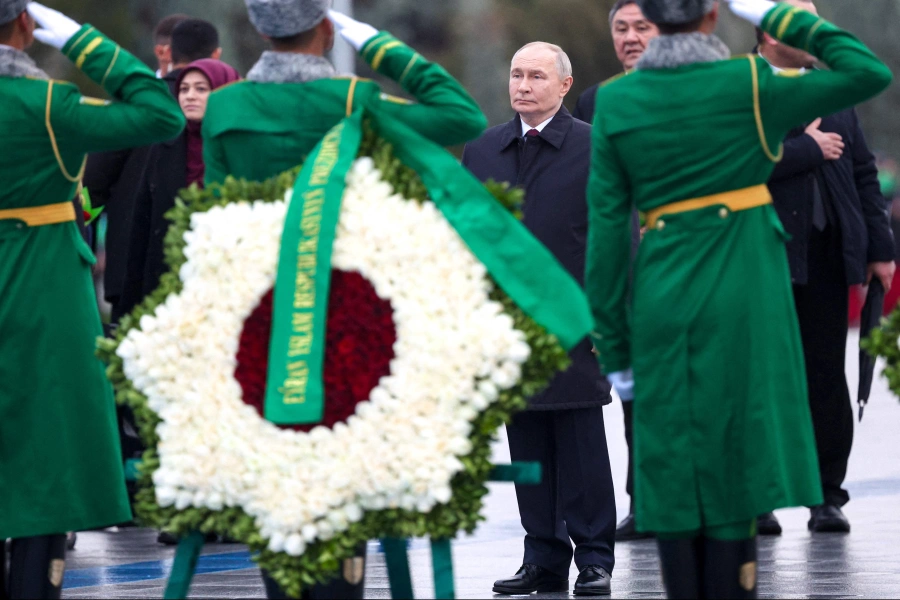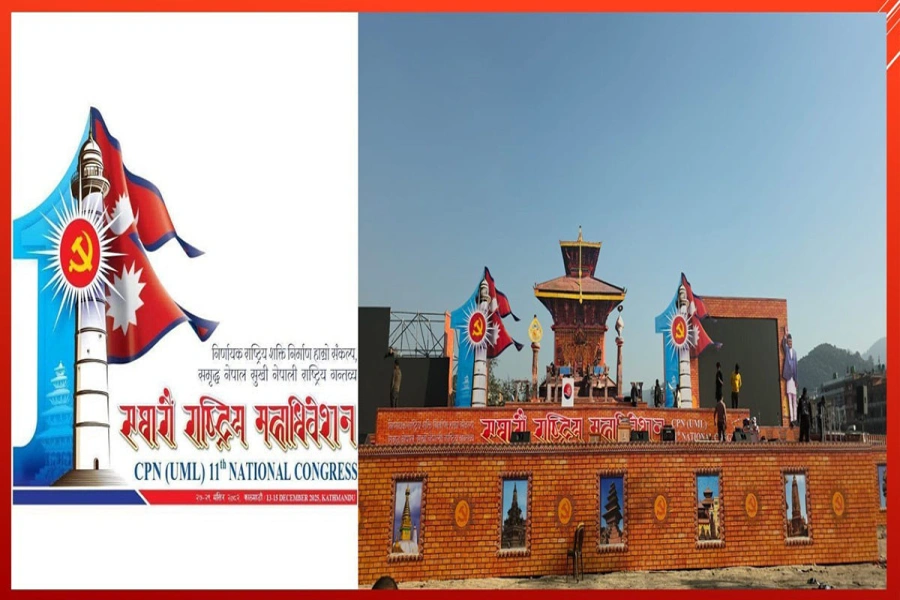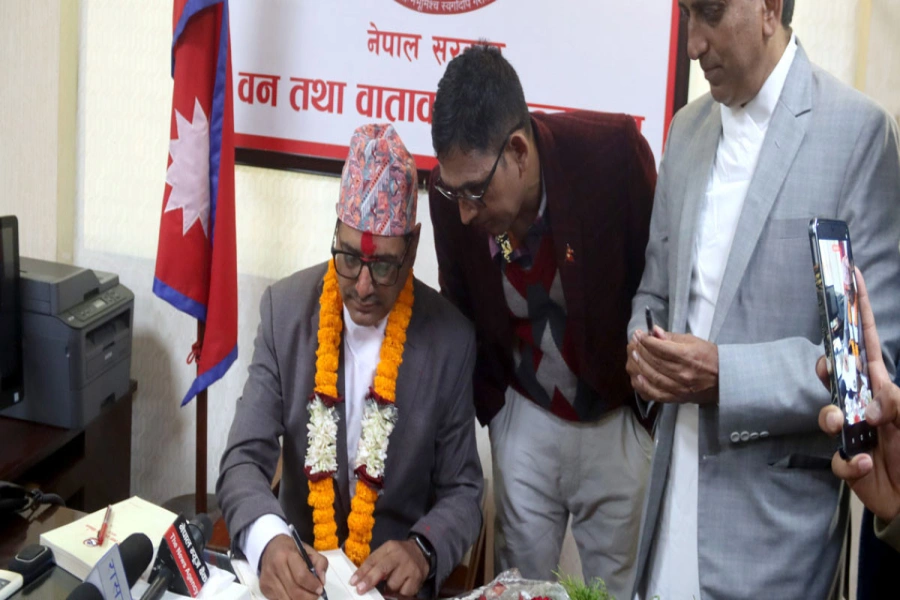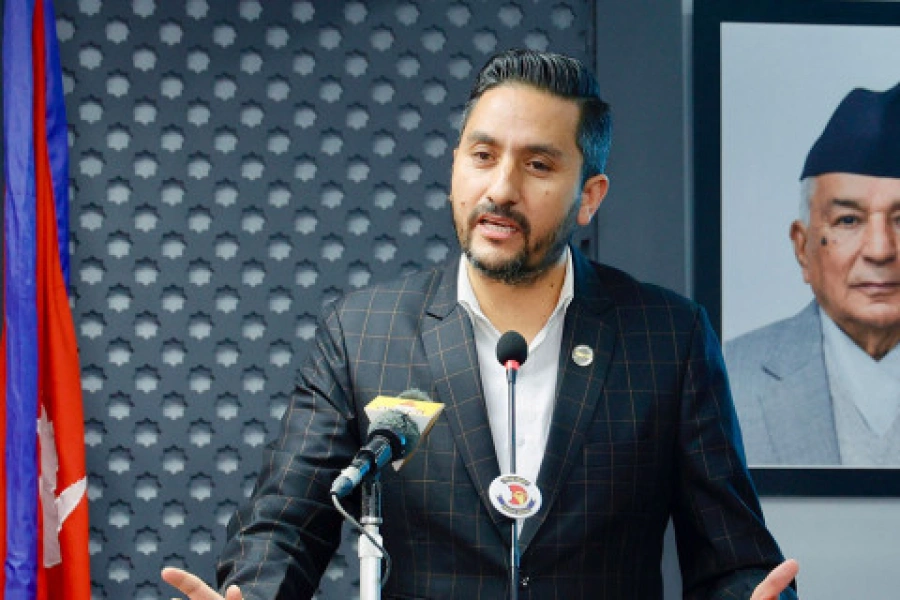KATHMANDU, July 24: The private sector has slammed the Monetary Policy 2023/24 unveiled by Nepal Rastra Bank (NRB) on Sunday, stating that the policy would not effectively help revitalize the economy, which is in dire straits.
In a joint press release issued on Monday, Federation of Nepalese Chambers of Commerce and Industry (FNCCI) and the Confederation of Nepalese Industries (CNI) said that the new monetary policy falls short in addressing the existing economic challenges.
"At a time when the economy is already suffering from low private sector lending by banks, further capping in lending will make it difficult for the government to achieve the targeted economic growth of six percent," reads the press statement issued by the FNCCI and CNI.
Govt to seek suggestions from private sector to revitalize econ...
_20230329122016.jpg)
Banks provided a mere six percent of loans to the private sector, far below the NRB's guideline of 12.6 percent loans in the last fiscal year, and the central bank has now capped it at 11.5 percent for the next fiscal year.
For a long time, the private sector has been demanding the central bank to bring the lending rate down to single digits, as it was over 17 percent in the last fiscal year. However, the central bank has only reduced the policy rate by a mere 0.5 percent, which, according to the FNCCI and CNI, would not significantly lower the interest rates. They demand the NRB to effectively use its monetary tools to reduce the base interest rates.
The monetary policy also talks about enforcing a separate guideline to monitor large debtors. The FNCCI has expressed skepticism about this measure, as it may discourage the private sector from taking loans from banks.
Although the NRB has talked about adopting 'cautious flexibility' to reinvigorate the economy, the monetary policy does not seem to provide a clear roadmap on how to improve domestic production capacity.
Despite criticism, the private sectors have praised the NRB's policy to increase the limit on home loans from Rs 15 million to Rs 20 million, allow visitors to carry foreign exchange of US $2,500 instead of US $1,500, and revise the risk weightage for loans against shares, automobiles, and real estate from 150 percent to 100 percent.




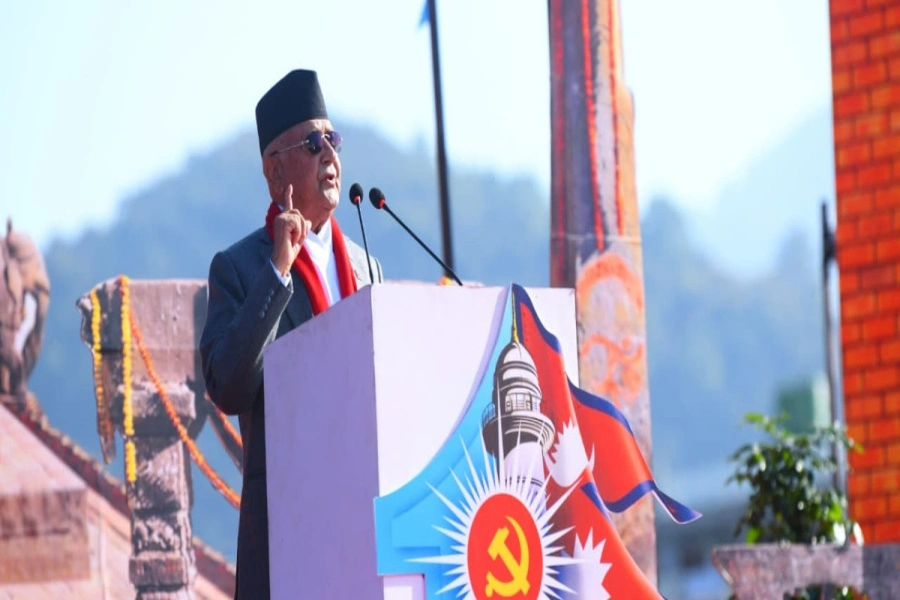

-1765616104-1765618344.webp)
